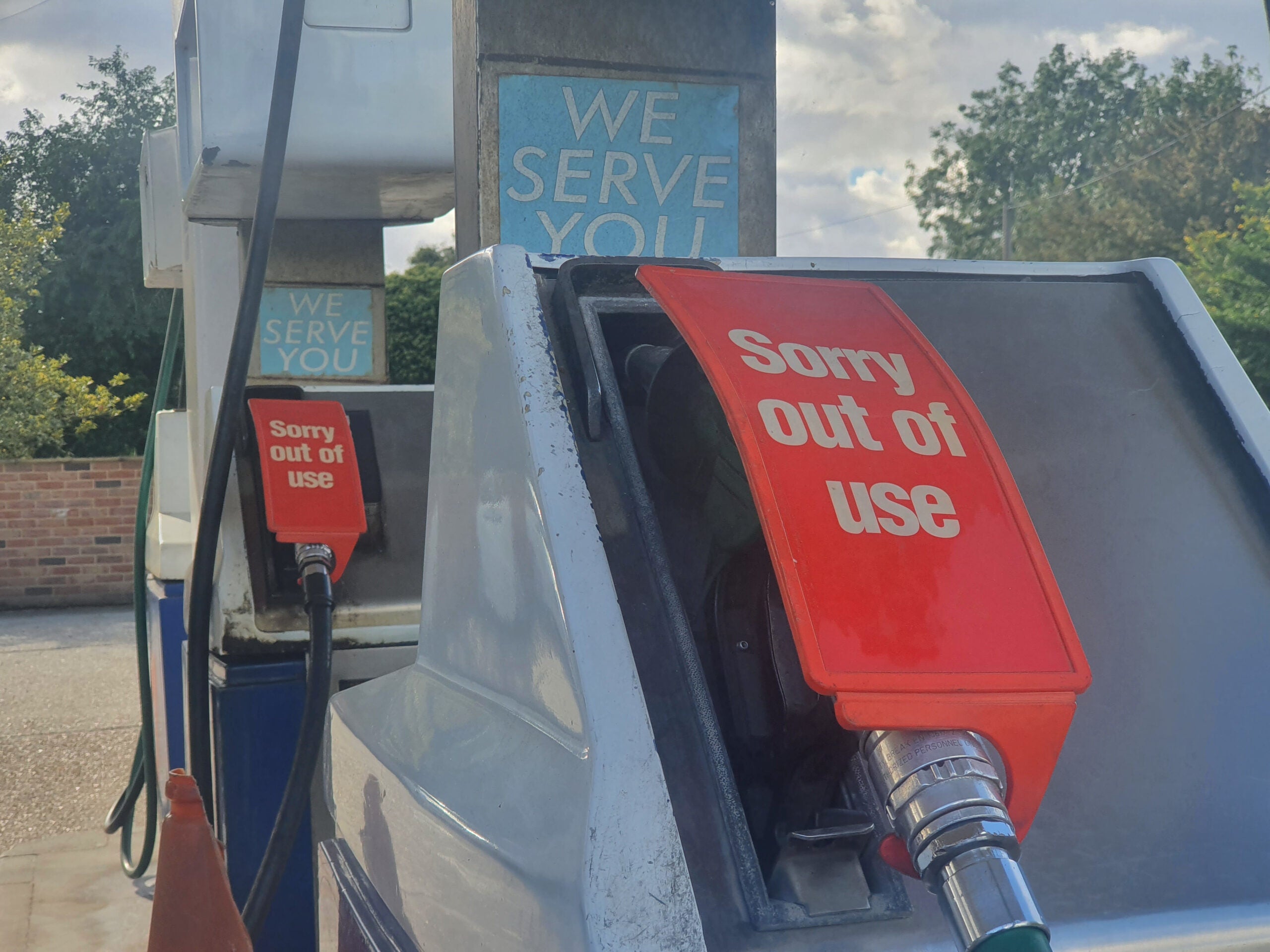
Drivers in the UK have depleted fuel stores at filling stations after BP and Esso announced disruption to deliveries.
On Thursday, BP announced the closure of a “handful” of filling station sites due to lack of tanker drivers to make deliveries. Soon after, ExxonMobil subsidiary Esso announced it would take similar measures.
Over the weekend, drivers queued at petrol stations around the country. Explanations range from panic to prudence, but the rapid increase in fuel purchases has caused more filling stations to close. The Petrol Retailers Association, representing approximately 5,500 independent fuel retailers, has said that up to two-thirds of its members have reportedly run out of fuel.
In most cases this isn’t panic buying, it’s prudent buying. The problem is that when several million people prudent-buy it looks a lot like panic.
— Geoff White (@geoffwhite247) September 27, 2021
How well do you really know your competitors?
Access the most comprehensive Company Profiles on the market, powered by GlobalData. Save hours of research. Gain competitive edge.

Thank you!
Your download email will arrive shortly
Not ready to buy yet? Download a free sample
We are confident about the unique quality of our Company Profiles. However, we want you to make the most beneficial decision for your business, so we offer a free sample that you can download by submitting the below form
By GlobalDataAccording to industry body Logistics UK, the number of goods vehicle drivers in the UK fell by approximately 72,000 between Q2 2019 and Q2 2021. The country has struggled with a shortage of drivers for months, but in recent weeks this became noticeable in low stocks of retail goods. The announcement on Friday marked the first time that the shortage had affected consumer fuel supplies.
While logistics companies have increased wages and recruitment, the training process requires months of practice and qualification. Because of this, the situation will take months to correct. In response, the UK Government has reduced the amount of training drivers will be required to complete, and extended the amount of hours they can legally work. Haulage firms have met these measures with a mixed reception.
@gordon_balmer PRA Executive Director
It is unlikely that the vehicles filled over the weekend will need refuelling again soon. As a result, we will watch carefully for a possible easing of demand and normalising of forecourt stocks over the coming days.
— Petrol Retailers Association (@RMI_PRA) September 27, 2021
These firms have attributed some of the problem to the UK’s exit from the EU. The increase in regulations around movement between the UK and the bloc led many EU residents to stop working in the UK. Travel restrictions resulting from the Covid-19 pandemic worsened the worker shortage, while also suppressing demand. This prevented the situation from affecting stores until recently, when demand returned.
On Sunday, the UK Government announced it would issue 5,000 temporary visas to encourage workers into the country until the end of the year. Haulage firms remained unenthused by the move, welcoming the small aid as better than nothing.
The government also announced it would suspend enforcement of the Downstream Oil Protocol. This requires companies to transport their own fuel, and its suspension enables companies to collaborate. Government ministers previously considered ordering army drivers to transport fuel, but have now decided against this.



